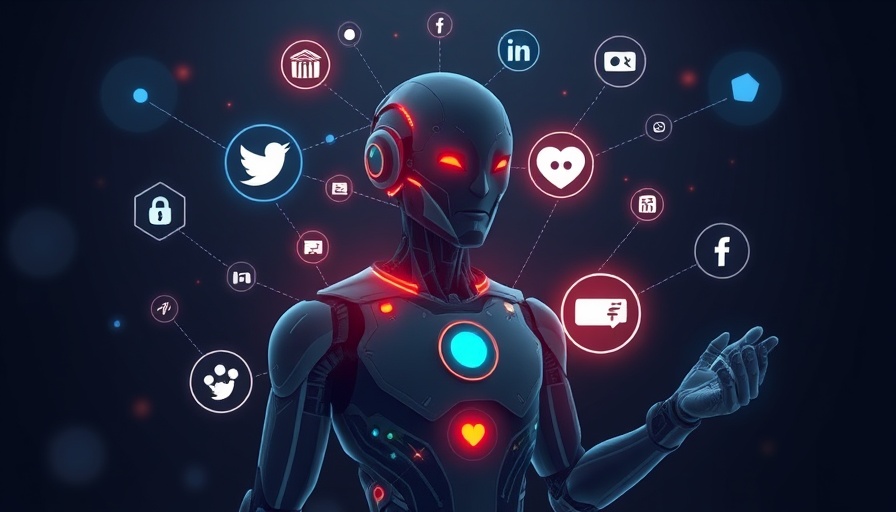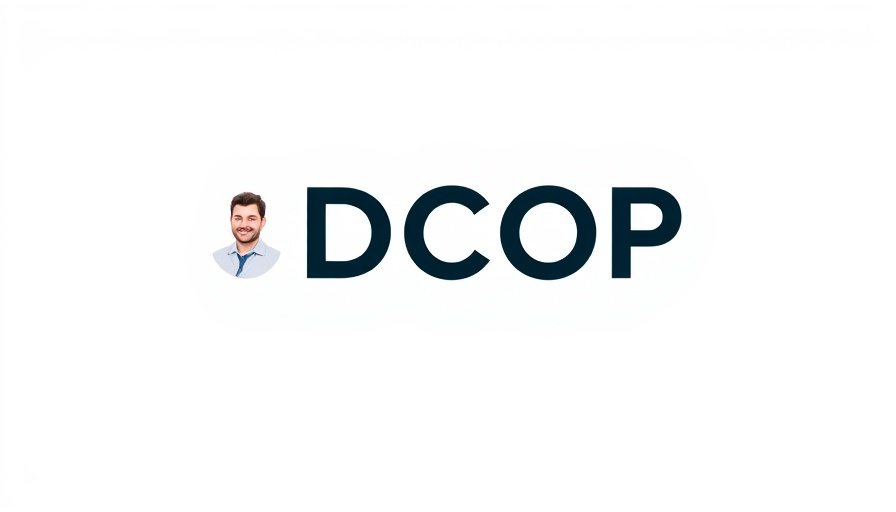
AI's Transformative Role in Digital Marketing for 2025
As we step further into 2025, the landscape of digital marketing is undergoing a groundbreaking shift thanks to the emergence and integration of artificial intelligence (AI). This shift isn't just about automation; it's about enhancing customer experiences and improving marketing efficiency. From refining ad targeting to creating personalized content, AI is playing a revolutionary role that marketers previously envisioned only in science fiction.
Understanding AI in the Marketing Toolbox
At its core, AI in digital marketing encompasses a suite of technologies that enable machines to execute tasks traditionally performed by humans. This includes processes such as:
- Automated content creation
- Advanced predictive analytics
- Customer segmentation techniques
- Chatbots handling customer service inquiries
- Dynamic ad targeting and bidding strategies
- Email automation for personalized communication
- Real-time content personalization to drive engagement
This multifaceted approach allows businesses to automate tasks tirelessly, delivering precision and effective marketing strategies around the clock.
Hyper-Personalization: Moving Beyond Generic Marketing
One of the critical impacts of AI is the move away from generic marketing to hyper-personalized campaigns. In 2025, marketing isn't just about reaching mass audiences; it's about reaching specific individuals with tailored content. AI technologies, such as those found in email marketing tools like ActiveCampaign or optimized website personalization platforms like Mutiny, use real-time data to understand customer preferences and behaviors. This allows for:
- Dynamic content delivery tailored to each user’s journey
- Email campaigns that adjust offers based on past interactions and behaviors
- Ad platforms like Meta and Google that optimize ads through machine learning for maximum impact
Such personalization isn’t merely an enhancement; it’s a game-changer that significantly increases conversion rates and boosts customer satisfaction.
Generative AI: The Future of Content Creation
Looking at content creation, generative AI tools such as ChatGPT and Jasper dramatically reduce the time it takes to produce quality content. Marketers can generate engaging blogs, compelling ad copy, and impactful product descriptions within minutes. But the true power of these tools lies in their ability to assist rather than replace human creativity. The synergy between human insights and AI-generated content can elevate a marketing strategy from good to exceptional, allowing for more time to focus on overarching strategy and brand storytelling.
Predictive Analytics: Predicting Consumer Behavior
Imagine having the capability to predict your customers’ future behaviors based on their past interactions. With predictive analytics driven by AI, this is becoming a reality. By analyzing extensive datasets, businesses can discern patterns in customer behavior, making it easier to forecast future trends and demands.
Utilizing this insight enables marketers to craft proactive strategies rather than reactive responses, significantly improving ROI and customer satisfaction. Businesses that embrace predictive analytics position themselves at the forefront of their industries.
Conclusion: Embracing AI for a Competitive Edge
The integration of AI in digital marketing is not merely a trend; it's a strategic necessity. Marketers and business owners need to embrace this technology not just to stay relevant but to thrive in an increasingly competitive space. By leveraging AI for hyper-personalization, generative content creation, and predictive analytics, businesses can elevate their marketing efforts into truly impactful campaigns.
As you explore implementing AI within your own strategies, remember that the key is to utilize these tools to enhance human skill and creativity. The future of marketing belongs to those who can leverage the power of technology while retaining the personal touch that connects authentically with customers.
 Add Row
Add Row  Add
Add 




Write A Comment